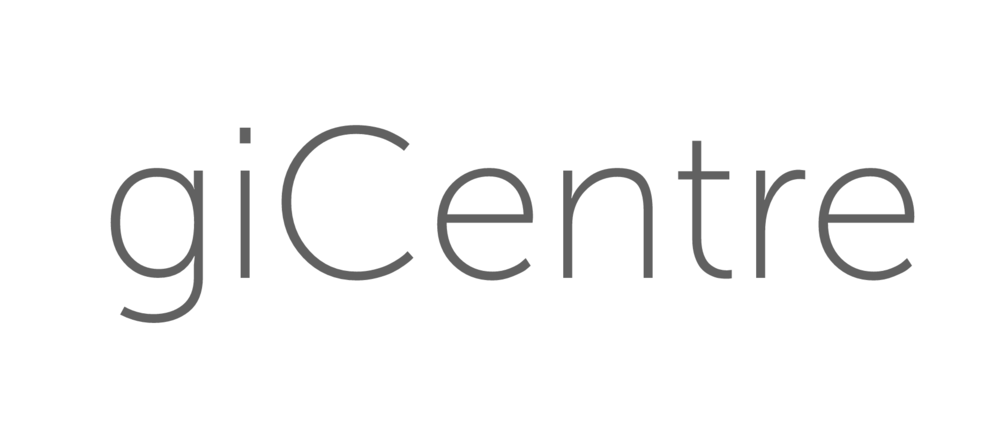MSc Data Science graduate Alexa Pavliuc has been working in DisInfoVis - exploring the design and use of temporal networks for visualizing disinformation operations.
Alexa's work has been published through a EuroVIS 2020 poster and two Medium articles. The first is on her MSc Research - DisInfoVis: How to Understand Networks of Disinformation Through Visualization.
The second is based on additional work undertaken with the Mozilla Foundation and visualizes six Twitter-based disinformation operations - Watch six decade-long disinformation operations unfold in six minutes.
You can find more details on Alexa’s DisInfoVis repository.
Thanks to the Data Science Institute at City for awarding the stipend through which Alexa was able to complete much of the work. And best wishes to Alexa as she begins a DPhil in Social Data Science at the University of Oxford, where she will continue her studies of networks of disinformation.

